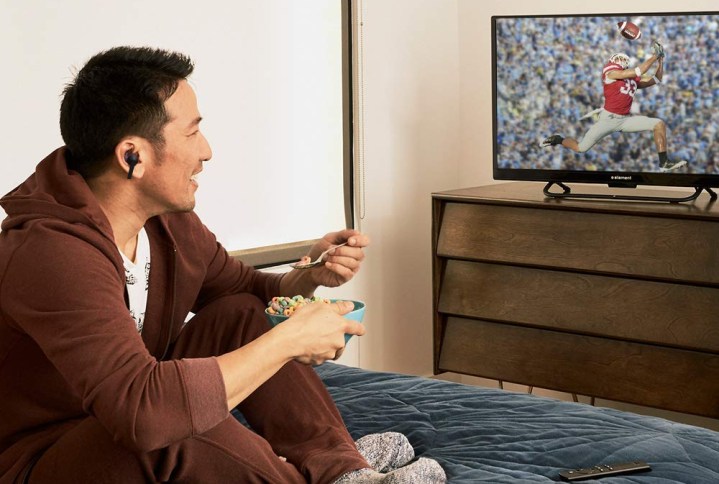Fluent, a performance marketing company, recently released the findings of a survey it conducted on April 8, 2019. Though this survey is meant for marketing purposes for its business partners, there’s some interesting information for the consumer, too. One of the biggest surprises (or maybe not if you’re a fan) is that Amazon and Samsung came out as the most trusted of all the smart technology brands.

More than 9,300 survey respondents answered several questions about smart home technology purchases. Then Fluent sorted through the demographic, socioeconomic, and geographic insights. According to the survey, 30 percent of the respondents said they had purchased or installed a home-related smart technology product within the past year, and out of those respondents, 32 percent said that Amazon is the most trusted home-related smart brand. Another 32 percent said that they believed Samsung was the most trusted brand.
There were some other interesting insights on smart home technology. The survey also found that 40 percent of respondents said they have at least one smart technology product in their home, and 11 percent had installed one in the four weeks leading up to the survey.
Who are these people? Well, 29 percent of respondents identified themselves as “early adopters,” or people who are the first, or among the first, to try a new product or technology. On the other hand, 36 percent saw themselves at “laggards,” people who are the last to try new products and technology. This distinction makes a difference. Fluent found that the early adopters are more likely than laggards to trust in the brands Sonos and Nest.
Age, gender, and parental status also played a role in who had more of certain types of smart home technology, according to the survey. Fluent found that respondents from 18 to 34 years old are 140 percent more likely to have home automation or assistants (like Alexa or Google Assistant) in their homes than people that are 35 years old or older. Those with kids were found to be 26 percent more likely to have purchased or installed smart thermostats. Females were found to be 61 percent more likely to have smart mirrors.
You can learn more about Fluent’s survey results by viewing its PDF.
Editors' Recommendations
- What to do if your Amazon Alexa app is not working
- What is the Amazon Echo Hub?
- Amazon might launch a paid version of Alexa later this year
- Samsung SmartThings learns a bunch of useful new tricks at CES 2024
- Samsung goes all-in with AI, reveals several new smart home appliances at CES 2024




